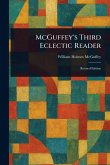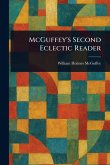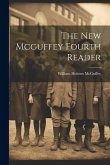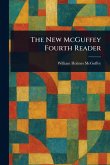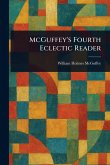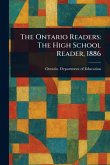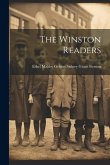"The Summers Readers: Second Reader" offers a glimpse into the landscape of elementary education and reading comprehension strategies of the past. Authored by Maud Summers, this volume provides a carefully structured approach to phonics and reading instruction. Designed as a reader for elementary-aged children, this book exemplifies the pedagogical methods employed in its time. It serves as a valuable resource for those interested in the history of children's literature and the evolution of language arts instruction. This meticulously prepared print edition allows readers to engage with a classic example of readers (elementary), offering insights into historical approaches to language acquisition and foundational reading skills. This book showcases the techniques used to cultivate young minds and foster a love for reading. This work has been selected by scholars as being culturally important, and is part of the knowledge base of civilization as we know it. This work is in the public domain in the United States of America, and possibly other nations. Within the United States, you may freely copy and distribute this work, as no entity (individual or corporate) has a copyright on the body of the work. Scholars believe, and we concur, that this work is important enough to be preserved, reproduced, and made generally available to the public. We appreciate your support of the preservation process, and thank you for being an important part of keeping this knowledge alive and relevant.
Bitte wählen Sie Ihr Anliegen aus.
Rechnungen
Retourenschein anfordern
Bestellstatus
Storno



